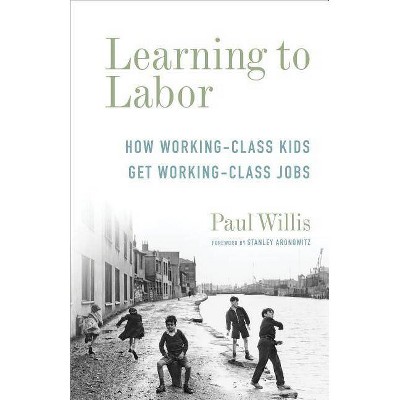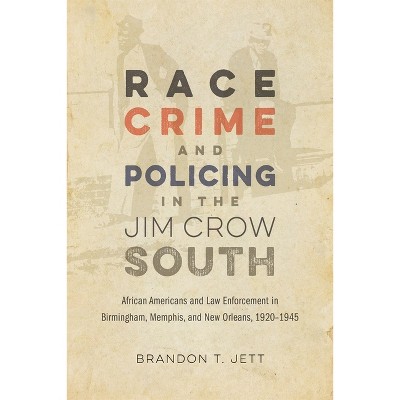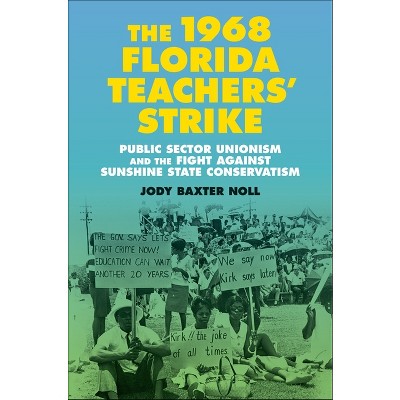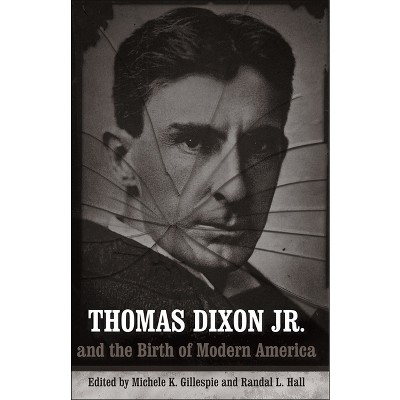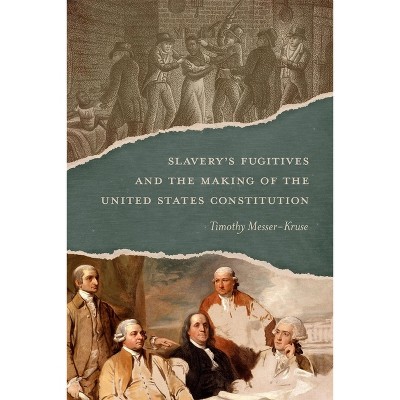Sponsored

Spying on Students - (Making the Modern South) by Gregg L Michel (Hardcover)
In Stock
Sponsored
About this item
Highlights
- Gregg L. Michel's Spying on Students focuses on the law enforcement campaign against New Left and progressive student activists in the South during the 1960s.
- About the Author: Gregg L. Michel is professor of history at the University of Texas at San Antonio and author of Struggle for a Better South: The Southern Student Organizing Committee, 1964-1969.
- 296 Pages
- History, United States
- Series Name: Making the Modern South
Description
Book Synopsis
Gregg L. Michel's Spying on Students focuses on the law enforcement campaign against New Left and progressive student activists in the South during the 1960s. Often overlooked by scholars, white southern students worked alongside their Black peers in the civil rights struggle, drove opposition to the Vietnam War, and embraced the counterculture's rejection of conventions and norms. While African Americans bore the brunt of police surveillance and harassment, federal agencies such as the FBI and local police intelligence units known as Red Squads subjected white student activists to wide-ranging, intrusive, and illegal monitoring. By examining the experiences of white students in the South, Michel provides fresh insights into the destructive, weaponized spying tactics deployed by state actors in their attempts to quash dissent in the region.
Drawing on previously secret FBI files and records of other investigative agencies, Michel demonstrates that authorities at all levels of government turned the full power of their offices against white activists--listening to their conversations, infiltrating their meetings, and sowing discord within their families and schools. Efforts to surveil and repress social activism reflected officials' fear of growing unrest on the part of white students who questioned the southern racial status quo and recoiled as the horrors of Vietnam laid bare the shibboleth of American exceptionalism. As white students revolted on campuses elsewhere, most notably at Berkeley and Columbia, law enforcement sought to curtail such disruptions in the South. In their view, white students threatened domestic tranquility and therefore warranted close monitoring. Spying on Students presents a unique perspective on state actors' war on dissent, exposing their suspicion of opposing political beliefs and revealing their paranoia as they sought to preserve the existing racial order. The work complicates further the dominant narrative of the era that casts white southern students as opponents of social change. The counterintelligence operations employed against them show not only that white students valued political engagement and social activism but also that authorities considered them a menace to the country as a whole.Review Quotes
"Relying heavily on archival materials, FBI files, and interviews, Michel highlights legal and extralegal activities involving local, state, and federal instrumentalities determined to quash dissidence in southern and nearby communities. . . . Spying on Students provides another significant contribution to the ever-mushrooming literature on the Long Sixties. . . . Recommended."--CHOICE
"Spying on Students draws together an impressive amount of original research to offer a perceptive and insightful picture of the ubiquity of southern law enforcement surveillance of liberal activists during the 1960s. Michel's extremely well-written study features an especially valuable portrait of such practices in Memphis, Tennessee."--David J. Garrow, Pulitzer Prize-winning author of Bearing the Cross: Martin Luther King, Jr., and the Southern Christian Leadership Conference
"An important and timely study of the surveillance of white student activists in the American South. Using a wealth of new files and sources, Gregg L. Michel deepens our understanding of the intertwined histories of the New Left and law enforcement in the 1960s. The result is a fascinating read as well as a cautionary tale."--Beverly Gage, Pulitzer Prize-winning author of G-Man: J. Edgar Hoover and the Making of the American Century
"This well-crafted, engrossing account of government efforts to silence southern activists should warn us of the fragility of democracy, in history and to the present day."--Michael K. Honey, author of To the Promised Land: Martin Luther King and the Fight for Economic Justice
About the Author
Gregg L. Michel is professor of history at the University of Texas at San Antonio and author of Struggle for a Better South: The Southern Student Organizing Committee, 1964-1969.


